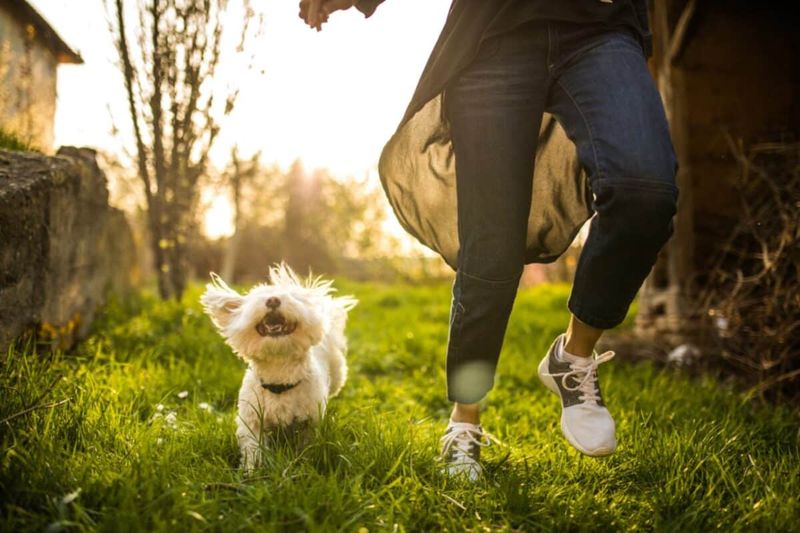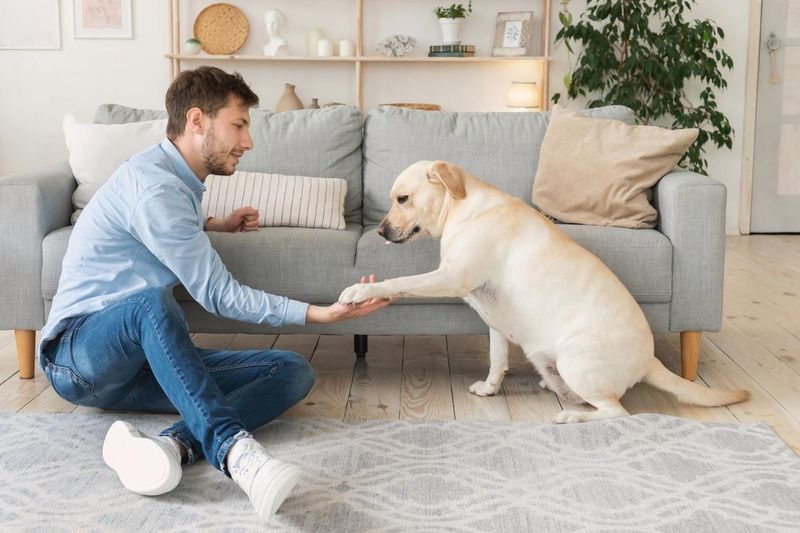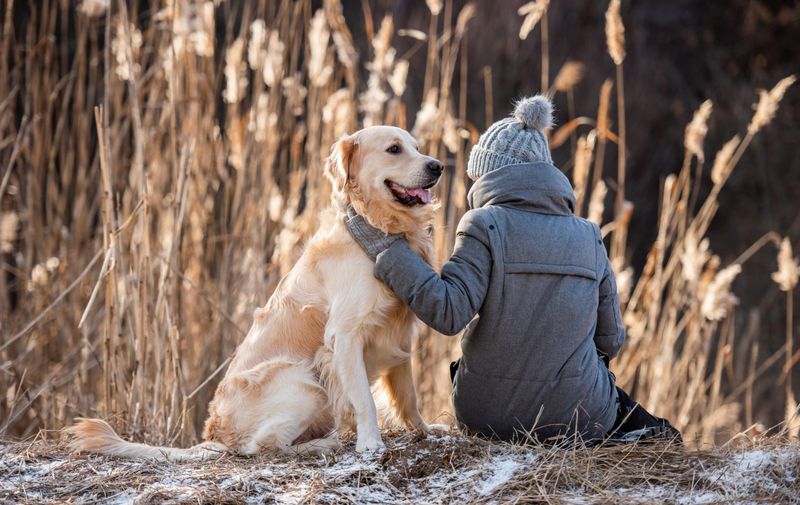Bringing a pet into your home is one of life’s greatest joys, but it comes with serious responsibilities. When you adopt a furry friend, you’re making a promise to care for another living being throughout their entire life. Many new pet owners focus on the basics like food and shelter, but truly responsible pet care involves much more than just meeting these fundamental needs.
Health Guardianship Through Regular Vet Care
Just like humans need regular doctor visits, your pet needs consistent veterinary checkups to stay healthy. These appointments aren’t just for when something’s wrong—they’re essential for preventing problems before they start. Your veterinarian will track your pet’s growth, administer life-saving vaccines, and catch health issues early when they’re easier and less expensive to treat. Many pets hide signs of illness until conditions become serious, making these professional assessments crucial. Create a schedule for annual exams and stick to it. Keep a folder with your pet’s medical records, including vaccination dates and medication history. Remember that emergency care costs much more than preventive visits, both financially and emotionally. Your commitment to regular healthcare might add years to your pet’s life!
Nutrition Mastery: Beyond Basic Feeding
Food isn’t just fuel for your pet—it’s medicine, mood stabilizer, and energy source all wrapped into one. Quality nutrition tailored to your pet’s specific needs forms the foundation of their overall health and happiness. Research appropriate foods for your pet’s species, breed, age, and activity level. Measure portions carefully to prevent obesity, which affects nearly 60% of pets and leads to serious health problems including diabetes, joint pain, and shortened lifespan. Fresh water should always be available. Watch how your pet responds to their diet. Shiny coat? Good energy? Healthy weight? These are signs you’re on the right track. Don’t fall for marketing gimmicks—consult your vet about nutrition choices rather than relying on packaging claims. Remember that treats should make up no more than 10% of your pet’s daily caloric intake.
Exercise and Mental Enrichment: The Joy of Movement
Bored pets often become destructive pets. Physical activity and mental stimulation aren’t luxuries—they’re necessities for your pet’s wellbeing. Without them, behavior problems and health issues quickly follow. Different animals have different exercise needs. A young Border Collie might need hours of daily activity, while an elderly cat requires gentle play sessions. The key is consistency. Even 15-minute play breaks scattered throughout the day can make a tremendous difference in your pet’s mood and behavior. Mental exercise counts too! Puzzle toys, training games, and new experiences keep your pet’s brain active and engaged. Rotate toys to maintain interest, and try hiding treats around your home to encourage natural foraging behaviors. Remember that a tired pet is generally a well-behaved pet, and physical activity strengthens your bond while improving both your lives.
Social Education: Training and Behavior Development
“My dog doesn’t need training—he’s just for companionship.” This common misconception overlooks how training benefits every pet, regardless of their role in your life. Well-trained pets are happier, safer, and enjoy more freedom and social opportunities. Training isn’t about tricks—it’s about communication. When your pet understands basic commands, you can keep them safe in dangerous situations. Start with fundamentals like coming when called, appropriate greetings, and household manners. Use positive reinforcement methods that reward good behavior rather than punishing mistakes. Socialization is equally crucial. Introduce your pet to different people, animals, environments, and experiences during their developmental period. This exposure helps prevent fear-based aggression and anxiety later in life. Remember that training is a lifelong process, not a one-time event. Even senior pets can learn new behaviors with patience and consistency.
Emotional Connection: The Heart of Pet Parenting
Animals experience a rich emotional life that many owners underestimate. Your pet forms deep attachments and relies on you not just for physical needs but for comfort, security, and companionship. This emotional responsibility might be the most important aspect of pet ownership. Learn to read your pet’s body language and behavioral cues. Are they stressed? Content? Anxious? Recognizing these signals allows you to respond appropriately. Make time every day for meaningful interaction—not just existing in the same space, but actively engaging with your pet through play, training, or simply quiet companionship. Consider your pet’s perspective when making life decisions. Moving homes, bringing new people or pets into the household, or changing routines significantly impacts them. Prepare for these transitions thoughtfully. Remember that your consistent presence provides the emotional stability your pet needs to thrive throughout their life journey with you.





